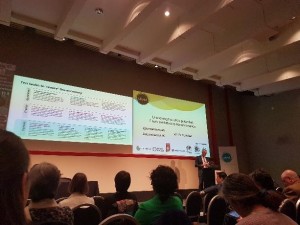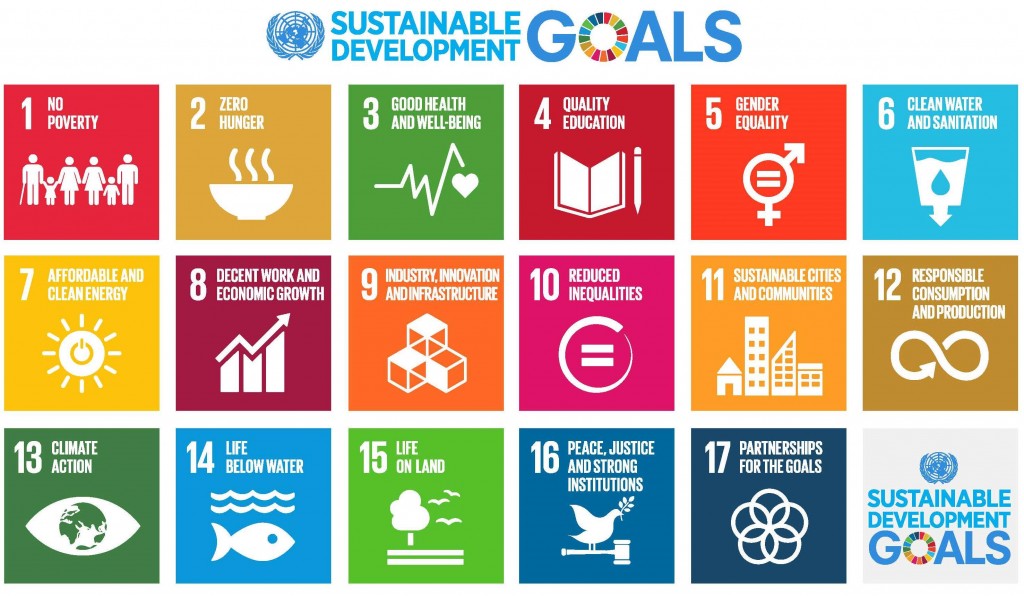Thank you so much to everyone who helped us to put on events, chatted to us during our pop ups and helped us to spread the sustainability message throughout King’s. The success of Sustainability Week 2018 wouldn’t have been possible without you all and we in the Sustainability Team are grateful to everyone who participated. We will be bringing you blog posts about all of the different events from the week, and to start of we have a recap of the King’s GoodGym run to the Oasis Waterloo Farm.
The following guest blog comes courtesy of Alyx Murray-Jackman. Alyx is a Sport Participation Coordinator for King’s Sports.
(The views presented do not necessarily reflect those of King’s Sustainability.)
Tonight we visited Oasis Farm Waterloo, an urban farm and community resource in Waterloo, a hidden gem just moments from the Southbank, and the closest farm to Parliament. We also managed to run 4km and fit in a quick but tough circuits session.
Joining us for their first ever GoodGym group run, we had the amazing Rajmund, Anna, Georgia, Octavia and Theo (wow so many!) – give them a cheer for coming out in the cold and using their run to do some good. As well as welcoming these fab runners we also heard about the Long Run taking place in South London this weekend for anyone that’s about, and a little reminder of the Thursday running fitness session happening in Vauxhall this week.
As well as braving the cold, here at GoodGym King’s we also had to brave the busy Waterloo Bridge Commute as we couldn’t head out over Blackfriars Bridge as usual due to the location of the task. We practiced our dodge, duck, dip, dive and dodge techniques and headed out. With everyone safely over the bridge, we made quick work of the rest of the journey down to the farm and met Roddy outside.
The task: The super organised Roddy split us up into groups when we arrived and showed us each to a planter – we needed to remove all the soil, take out all the bricks, move the planter, and then re-fill it with the bricks and soil – we had a tough 40 minutes ahead of us with a good arm workout! Between us we managed to fully move a couple of planters and make a great start on 2 or 3 more which some volunteers are going to finish off in the morning. I think the sounds of the animals settling down for sleep helped us work hard (especially the pigs from the Pig Palace!).
Roddy kindly let us use the farm’s new barn for our fitness session as it started to rain. We went through questions like “are you scared of spiders?”, “have you eaten any pancakes already today?” and “do you cycle to work?” – if you answered yes to the question you had a 40 second strength exercise to do, if you answered no then it was a 40 second cardio exercise.
After lots of squats, high knees and mountain climbers (great suggestion Sophie!), we were ready to head back to King’s. We waved goodbye to Roddy with promises of coming back soon to help with more tasks (hopefully in slightly warmer weather)! We ran back a slightly longer route, with slightly better views, over Westminster Bridge and did some stretches back at the base.
Credit to Gosia for the pun!




 After our visit to the clinical waste incinerator, we toured Grundon’s Energy from Waste plant. This is where general waste (e.g. the black bins at King’s, containing sweet wrappers, sandwich cartons, plastic film etc.) is processed. While general waste at King’s is collected by Simply Waste Solutions, not Grundon, the process is the same.
After our visit to the clinical waste incinerator, we toured Grundon’s Energy from Waste plant. This is where general waste (e.g. the black bins at King’s, containing sweet wrappers, sandwich cartons, plastic film etc.) is processed. While general waste at King’s is collected by Simply Waste Solutions, not Grundon, the process is the same.
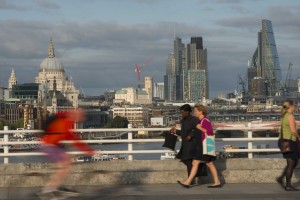

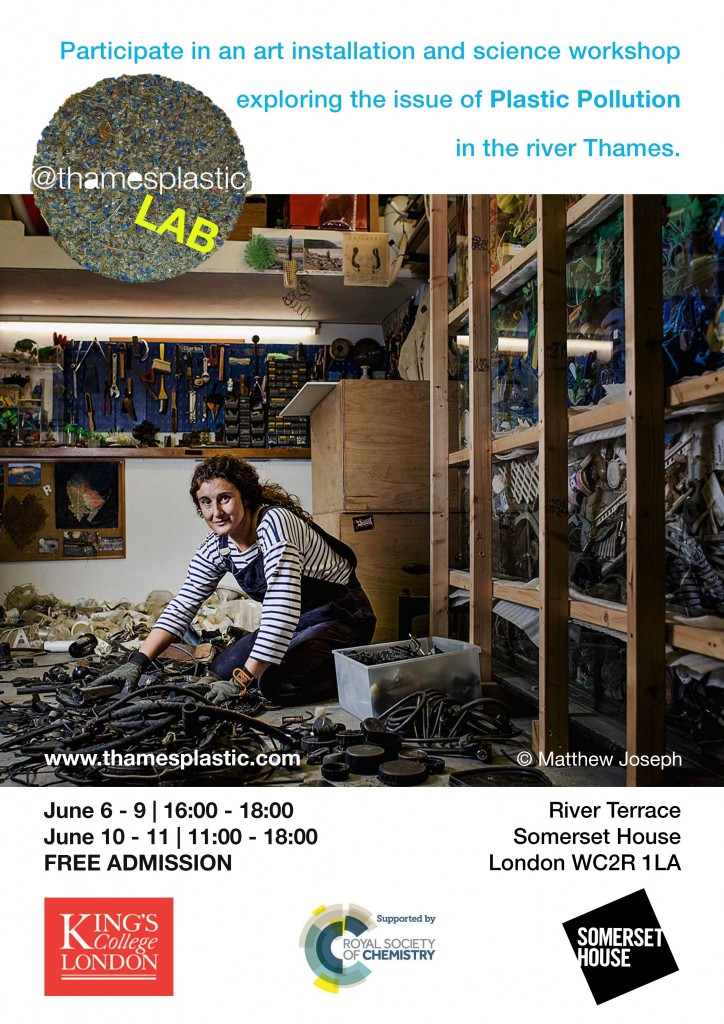
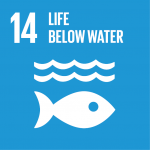

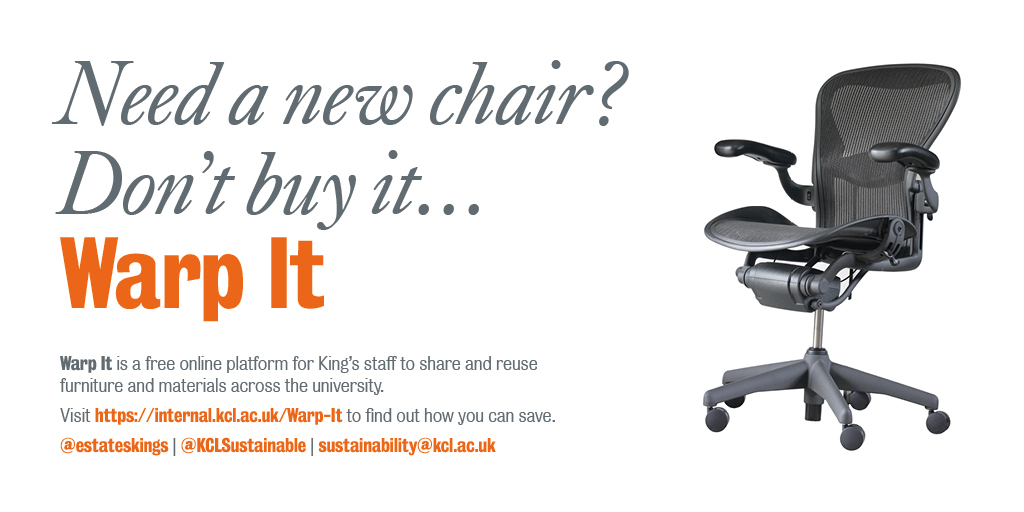 At the moment, Warp It is only open to staff. If you are interested in signing up and start reusing furniture, please visit the
At the moment, Warp It is only open to staff. If you are interested in signing up and start reusing furniture, please visit the 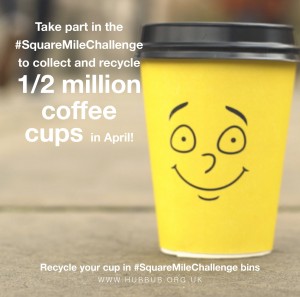
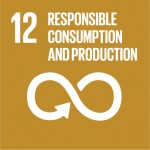 And not just for the environment – it can save you money too! King’s Food will give you a free hot drink if you buy a KeepCup from them. If you already have one, you get 10p off your drink every time you use it. Starbucks will give you 25p off your drink if you bring your own cup, and Caffe Nero will give you double stamps for your loyalty card.
And not just for the environment – it can save you money too! King’s Food will give you a free hot drink if you buy a KeepCup from them. If you already have one, you get 10p off your drink every time you use it. Starbucks will give you 25p off your drink if you bring your own cup, and Caffe Nero will give you double stamps for your loyalty card.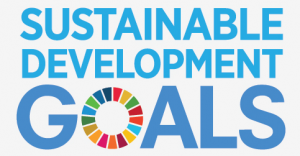 The conference started with a keynote speech by Amanda MacKenzie OBE, who highlighted the importance of getting everyone involved. When the SDGs were unveiled, she ran a campaign to get word about them out there. One of the key messages of this was the importance of using simple language everyone understands. This is why she refers to the goals as Global Goals rather than SDGs, claiming the term SDGs “sounds like something you would see your doctor about”. By calling them the Global Goals and making them accessible, we should be able to take millions of small, simple actions, together adding up to significant change.
The conference started with a keynote speech by Amanda MacKenzie OBE, who highlighted the importance of getting everyone involved. When the SDGs were unveiled, she ran a campaign to get word about them out there. One of the key messages of this was the importance of using simple language everyone understands. This is why she refers to the goals as Global Goals rather than SDGs, claiming the term SDGs “sounds like something you would see your doctor about”. By calling them the Global Goals and making them accessible, we should be able to take millions of small, simple actions, together adding up to significant change.